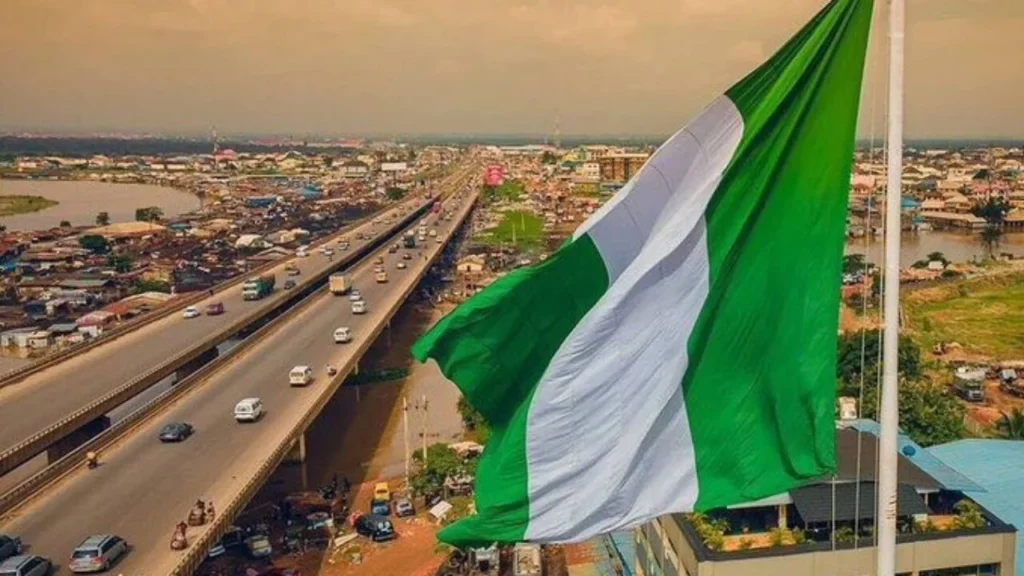
Nigeria’s external debt burden continues to weigh heavily on the nation’s finances, with a significant $1.12 billion spent on foreign debt service payments in the first quarter of 2024.
This marks a 39.7% increase from the same period in 2023, according to data from the Central Bank of Nigeria.
The debt service payments have been steadily increasing over the past few years, with a monthly breakdown revealing a fluctuating yet consistently high expenditure pattern.
In January 2024, the government spent $560.52 million on debt servicing, followed by $283.22 million in February and $276.17 million in March.
These payments account for about 70% of Nigeria’s dollar payments, with a substantial $1.12 billion directed towards servicing external debt out of a total $1.61 billion in outflows between January and March 2024.
This represents a significant increase from the previous year, when external debt servicing accounted for 49% of total outflows in Q1 2023.
The World Bank has expressed concern over the escalating debt service costs burdening developing countries worldwide, warning of a potential widespread financial crisis if immediate and coordinated actions are not taken.
Nigeria’s Debt Management Office (DMO) reported that the country incurred a debt service of $3.5 billion for its external loans in 2023, a 55% increase from the previous year.
The growing burden of external debt on Nigeria’s finances has raised concerns about the nation’s fiscal position and its ability to allocate resources effectively.
